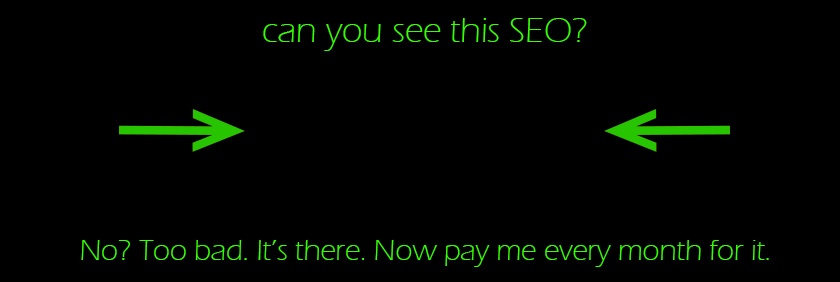So, this is fun! A black-hat “reputation management” firm seems to be filing illegitimate lawsuits in order to get judgments that will force Google to take down unflattering search results. The case-by-case details are worth reading, but here’s a taste of what Washington Post reporters Eugene Volokh and Paul Alan concluded:
Google and various other Internet platforms have a policy: They won’t take down material (or, in Google’s case, remove it from Google indexes) just because someone says it’s defamatory. […] But if they see a court order that declares that some material is defamatory, they tend to take down or deindex the material, relying on the court’s decision. […]
Who is behind these cases? For many of these, we don’t know. As we mentioned, many of the plaintiffs might well not have known what was happening. They might have hired a reputation management company, expecting it to get the negative posts removed legitimately (e.g., through a legitimate libel lawsuit, or through negotiation with the actual authors).
(Bold in original. Story via @counternotions on Twitter.)
Mostly I find this amusing, but I also feel a touch uneasy. For one thing, the courts appear to have verified nothing. So this is a case of slimy lawyers tricking the state into suppressing free speech, solely because their clients paid them to. The state went along with it happily (except for one skeptical judge). Systems that only work when everyone acts in good faith… well, those systems are easy to break.
You can argue that Google is not the government and it’s not a legal free speech issue for them to exclude whatever they see fit from their search results. And to be honest, I don’t know where the official line falls. But I do think it’s notable that Google is only deindexing this material because a government entity has instructed them to, however indirectly.
I guess that wouldn’t be a problem if the court were acting competently?
In other news, some modern humans find themselves in this situation: “Still haven’t had a first cup of tea this morning, debugging the kettle and now iWifi base-station has reset. Boiling water in saucepan now.”
Header image by Sean MacEntee.



